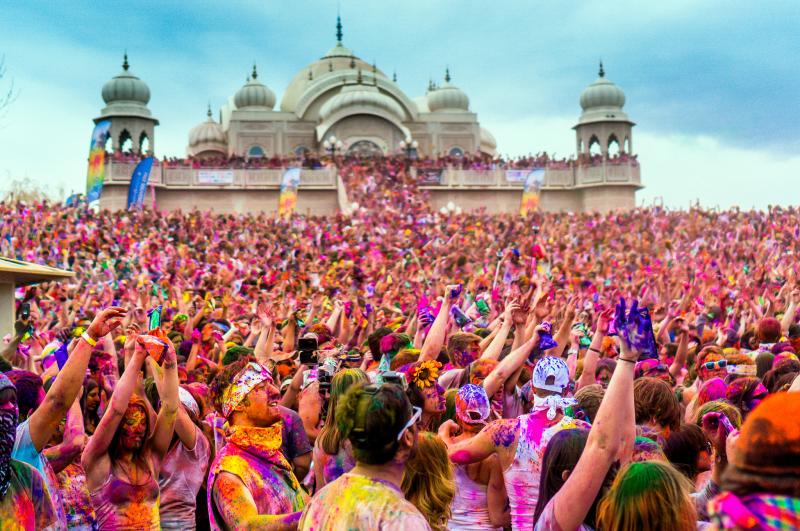Reviving Tradition- How Local Artisans are Thriving with Modern Business Models
In a world dominated by mass production and fast fashion, the art of handmade goods seemed to be fading.

In a world dominated by mass production and fast fashion, the art of handmade goods seemed to be fading. However, local artisans in India are proving that traditional crafts can thrive alongside modern business models. From intricately woven textiles to hand-painted pottery, these artisans are not just preserving cultural heritage but also turning it into a profitable venture.
The Power of Going Digital
One of the most significant changes for artisans has been the rise of e-commerce. Platforms like Etsy, Amazon Karigar, and niche websites have provided artisans with a stage to showcase their products to a global audience. For instance, Pochampally weavers from Telangana, known for their exquisite Ikat sarees, now sell directly to customers in the U.S. and Europe without middlemen. By embracing online marketplaces, artisans have transformed their businesses, expanding from local markets to international ones.
Social media has also become a powerful tool. Platforms like Instagram and Facebook allow artisans to share their stories, showcase their craftsmanship through videos, and connect directly with customers. This not only builds trust but also adds a personal touch that appeals to buyers who value authenticity.
Innovative Business Models: Subscription Boxes and Customization
Some artisans have taken a step further by adopting innovative business models. Subscription boxes, for example, offer curated collections of handcrafted goods delivered monthly to customers. Brands like ‘The Indian Ethnic Co.’ have popularized this model, making traditional crafts a part of everyday life for urban customers.
Customization is another game-changer. Allowing customers to choose colors, designs, and even patterns has elevated handmade goods from ordinary to exclusive. This personalized experience not only satisfies modern consumers' tastes but also helps artisans command better prices for their work.
Collaborations with Modern Brands
Collaborations between artisans and contemporary brands are bridging the gap between tradition and modernity. For instance, FabIndia's partnerships with rural weavers and artisans have brought traditional crafts to mainstream retail. Such collaborations ensure that artisans receive fair wages and a steady demand for their work.
These partnerships also lead to product innovations, like combining traditional block printing with modern apparel designs. By blending old techniques with new trends, artisans keep their crafts relevant and appealing to younger generations.
Government and NGO Support
Government initiatives like ‘One District, One Product’ (ODOP) and schemes by the Ministry of Textiles have played a significant role in supporting artisans. These programs focus on skill development, financial aid, and marketing support, enabling artisans to scale their businesses.
NGOs have also been instrumental in this revival. Organizations like Dastkar and Craftmark provide training, market access, and fair trade certifications to artisans, helping them build sustainable businesses.
Challenges and the Way Forward
Despite these advancements, challenges like limited digital literacy and access to finance still persist for many artisans. Bridging this gap requires more training programs focused on digital skills and financial literacy. Public and private partnerships can also play a crucial role in creating an ecosystem where artisans can thrive without losing their traditional essence.
As consumers become more conscious of what they buy and the stories behind them, the demand for handmade and sustainable products is only set to grow. By blending tradition with modern business practices, India’s artisans are not just surviving—they are thriving, ensuring that their crafts remain timeless and treasured.
Supporting local artisans is not just about preserving culture; it’s about empowering communities and making meaningful purchases that impact lives. As we move forward, let's choose to celebrate and sustain this beautiful blend of tradition and modernity.
